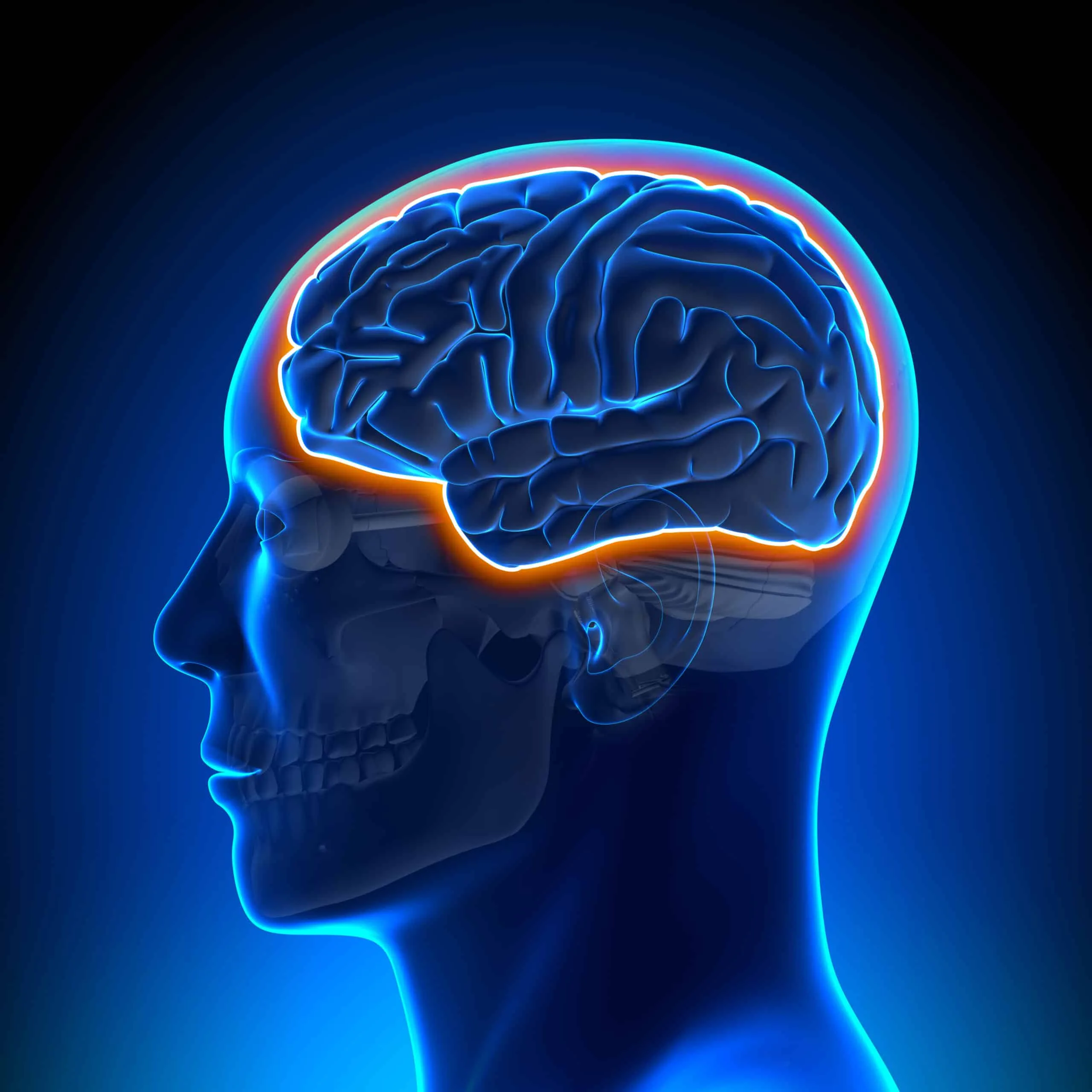Unlocking Brain Defenses: Guardian Cells as a Key to Neurological Disease Prevention
Exciting new research is highlighting the crucial role of the brain’s network of guardian cells, offering potential new avenues for protecting against devastating neurological conditions such as Alzheimer’s disease and stroke. These findings suggest that by understanding and targeting these cells, we may be able to develop innovative therapies to prevent or slow the progression of these debilitating diseases.
The Brain’s Protective Network
The brain is not just a collection of neurons; it’s a complex ecosystem supported by various types of cells, including these guardian cells. These cells act as the brain’s defense force, constantly working to maintain a healthy environment and protect neurons from damage.
Key functions of guardian cells:
- Clearing debris and toxins from the brain
- Regulating inflammation
- Supporting neuron health and function
Alzheimer’s Disease and Guardian Cells
In Alzheimer’s disease, the accumulation of amyloid plaques and tau tangles leads to neuronal damage and cognitive decline. Research suggests that impaired function of guardian cells may contribute to the development and progression of this disease. Boosting the activity of these cells could potentially help clear these harmful deposits and protect neurons from damage.
Stroke and Guardian Cell Intervention
Stroke occurs when blood flow to the brain is interrupted, causing neuronal damage due to oxygen deprivation. Guardian cells play a crucial role in the aftermath of a stroke, helping to clear dead cells and promote tissue repair. Enhancing the function of these cells could improve recovery and minimize long-term disability after a stroke.
Future Directions and Therapeutic Potential
This research opens up exciting new possibilities for developing therapies that target guardian cells to prevent or treat neurological diseases. Potential strategies include:
- Developing drugs that enhance the activity of guardian cells
- Using gene therapy to modify guardian cells and improve their function
- Identifying lifestyle factors that promote guardian cell health
Final Overview
The discovery of the critical role guardian cells play in neurological health offers a beacon of hope for developing new treatments for Alzheimer’s disease, stroke, and other devastating conditions. Further research is needed to fully understand these cells and how to best harness their protective power, but the potential benefits are immense. By unlocking the secrets of the brain’s defense network, we may be able to significantly improve the lives of millions affected by neurological diseases.




+ There are no comments
Add yours